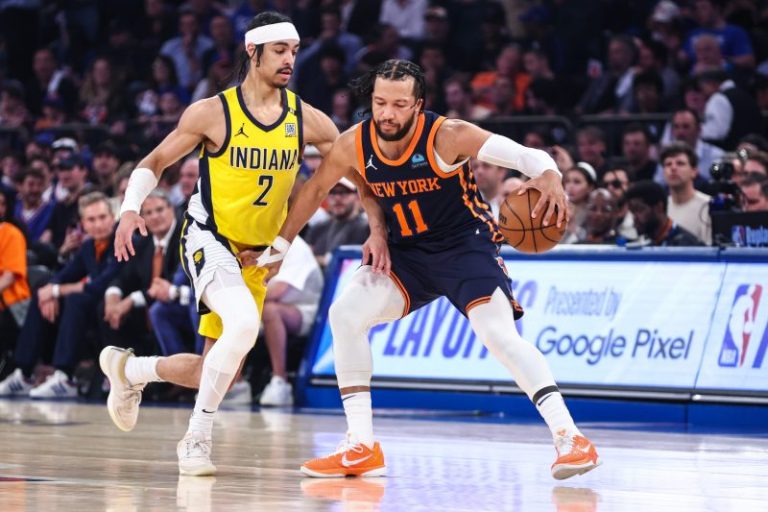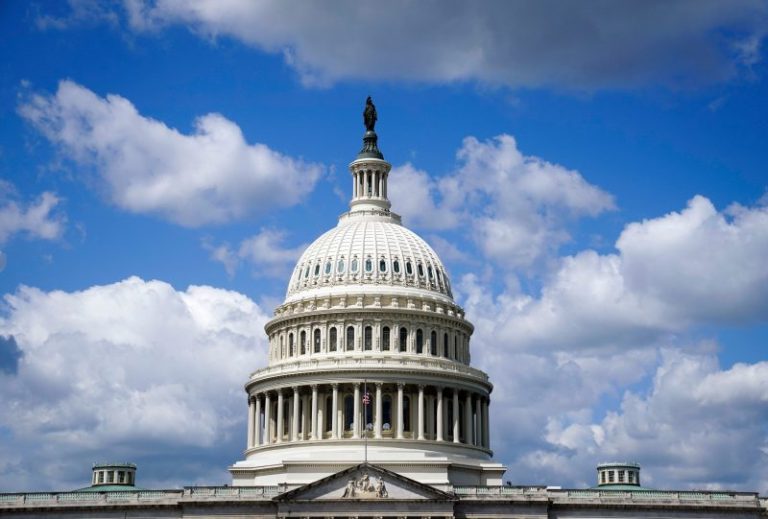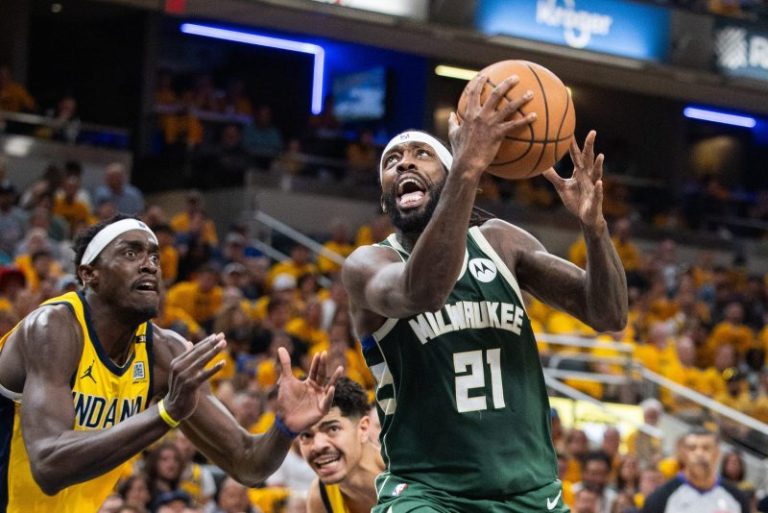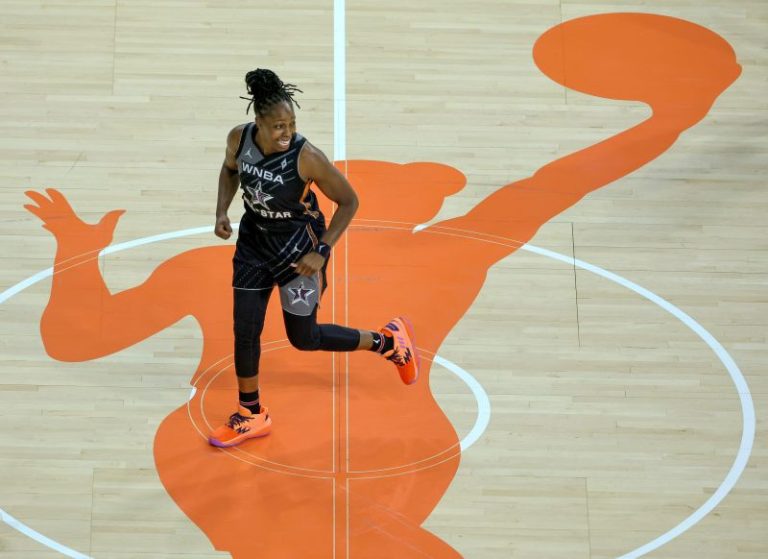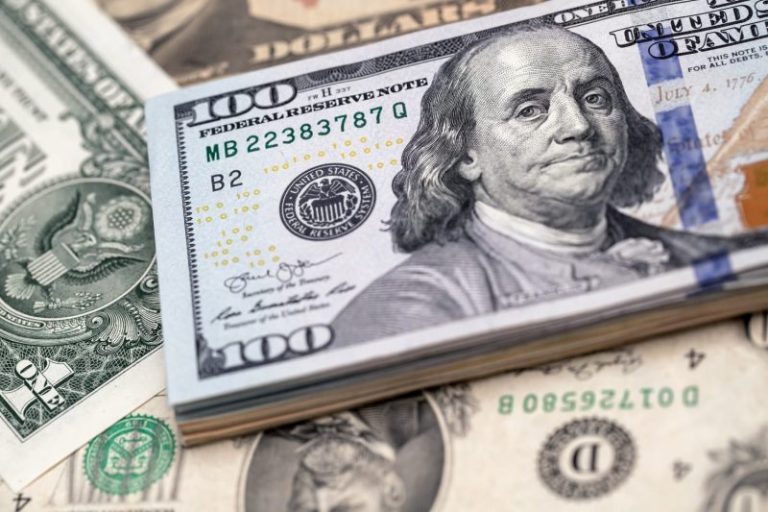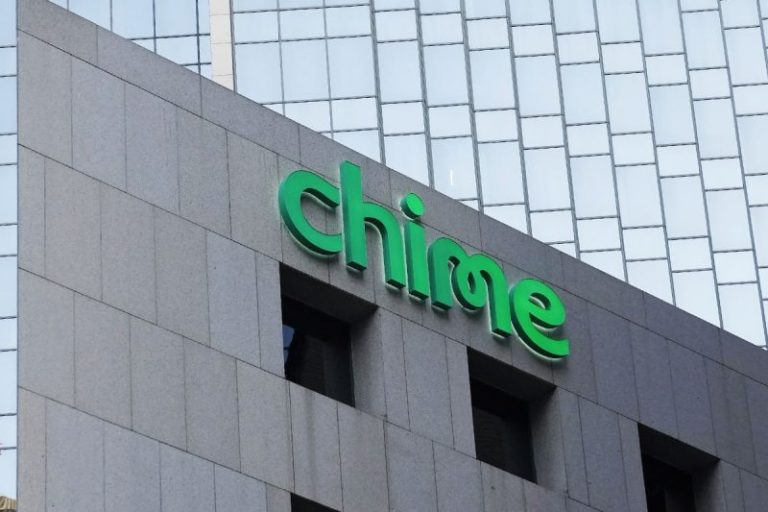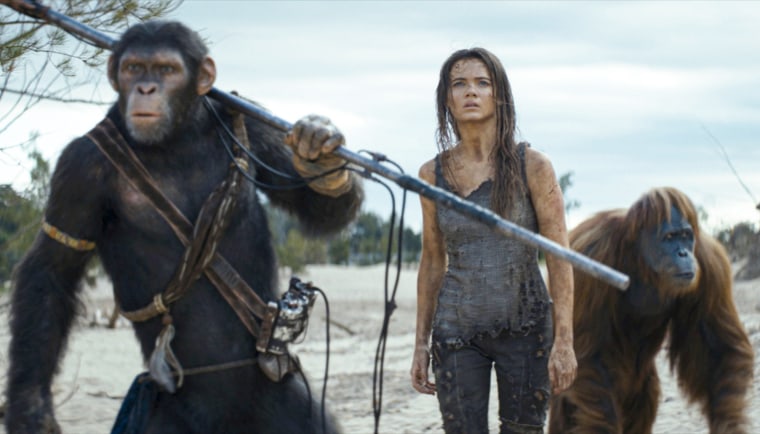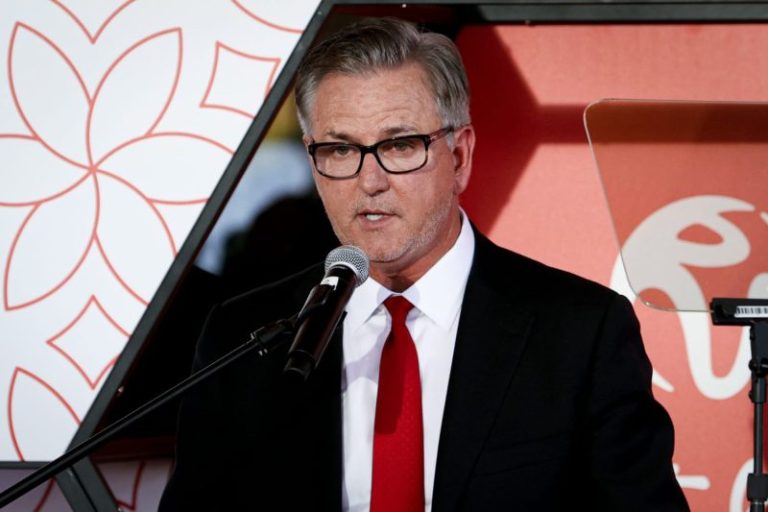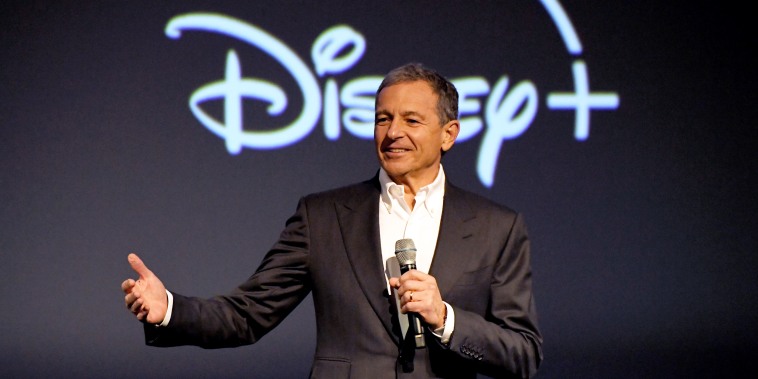Twenty-eight years after it should have happened, the WNBA announced Tuesday that it would charter to all regular season games starting as soon as next week, giving the best women’s basketball players in the world something they earned long ago but is often not acknowledged by their superiors: Respect.
The news gives that old saying “better late than never” new meaning — most of the time when someone says that, they don’t think “late” is going to be in reference to nearly three decades.
This is a “historic” move for the WNBA according to league commissioner Cathy Engelbert, a huge step for a league that often acts like a start-up instead of a major player in the sports landscape. And while overdue, it’s a major win.
Players are downright giddy knowing they’ll be able to recover quicker after road games, and do so while prioritizing their privacy and safety. As WNBA agent Lindsay Kagawa Colas, who represents numerous top players, told USA TODAY Sports, this is “a great example of when doing the right thing for player health and safety is good for business.”
Bottom line: This is good news. But it’s also worth pointing out that the optics of this decision and its timing are terrible. And optics matter.
From the outside, it certainly looks as if the league suddenly decided to start chartering full time due to the arrival of a popular white player (Caitlin Clark), when last season the safety of a Black player (Brittney Griner) wasn’t enough to create permanent change.
On Tuesday, Engelbert insisted it’s more nuanced than that. She told media the popularity of the 2024 draft class is not what drove this decision; she’s been working on getting charters since she took over as commissioner in July 2019. She estimates that it will cost the league $25 million to charter full time. “You need that long-term revenue model,” she said, “and we haven’t had it.”
Women’s basketball is experiencing an unprecedented surge in popularity right now, led in large part by the frenzy surrounding Clark. With Clark’s entry into the league last month, chartering in the WNBA had once again become a major talking point. WNBA players have fought for years for charter flights — commonplace in nearly every other professional league — and been told they didn’t have the money, it wasn’t a priority, it wasn’t a necessity.
These were excuses in my mind. The WNBA, for better or worse, is financially backed by the NBA, a $10 billion-dollar entity that could have paid for charter flights from Day 1 if it wanted. NBA commissioner Adam Silver has always had the power and opportunity to get involved. For years, it seems to me he chose not to.
To say it wasn’t a priority was also a low blow, as players were forced to pick between respectable salaries and charter flights during the last collective bargaining negotiations. As for it not being a necessity, Griner would surely beg to differ.
For years, I’ve had conversations with players, agents and powerbrokers about the optics of women’s basketball at both the professional and college level. People have been especially critical of the WNBA, which players it chooses to promote vs. not, how it markets the league, etc. And while privately they’ll let their feelings be known, Black women, who have been the foundation of this league since its inception in 1997, have been especially reluctant to vocalize these criticisms, leery of rocking the boat.
When they do speak out, they’re blunt. Two years ago, two-time MVP A’ja Wilson told ESPN.com, ‘Even though our league is predominantly Black, I think it’s hard for our league to push us, in a sense, because they still have to market, in their mind, what is marketable. Sometimes a Black woman doesn’t check off those boxes.’
In her new book, which was released Tuesday and details her terrifying 10-month detainment in Russia, Griner talks about returning to the states to both fanfare and vitriol. Threats became commonplace for the nine-time All-Star and two-time Olympian, as she walked through airports with her teammates on their way to and from games.
Despite major concerns about Griner’s safety, no charters were provided for the Mercury or Griner individually at the beginning of the 2023 season. (Previously, the league fined the New York Liberty for chartering, saying it was a competitive advantage banned by the CBA.)
Last June, Griner was accosted in DFW by a right-wing YouTube personality despite Griner’s security guard trying to steer him away. Police were called, the clip went viral and fans shared their outrage on social media. While Griner was allowed to fly private at her discretion the rest of the season — separating her from her teammates, which no one liked — it never should have taken that incident to spur action.
Again, players are thrilled they’ve finally got this benefit. They were also surprised by the news.
“As a player that’s been in this league for a while, we’ve been fighting for this first for a long time,” Breanna Stewart of the Liberty, a two-time MVP, said Tuesday night after playing at Chicago. “So now to say that you’ve just come up with the 25 mil? Nothing has changed. Media deal, CBA, nothing, you know what I mean where (you could say) that money has came in. So either you were just holding on to it for whatever. But honestly, I am happy. Very happy. But surprised because I thought it was going to be used a bargaining chip in CBA negotiations.”
Even if it’s true that Clark wasn’t the final straw, or the individual who pushed the league to finally do the right thing, for the WNBA and Engelbert to not even acknowledge that the timing looks problematic once again minimizes the concerns of the Black players.
“It’s a tough balance,” said sixth-year veteran Napheesa Collier of the Minnesota Lynx. “It is a little bit frustrating, but I feel like that’s how everything (changes); you put a spotlight on things and force their hand … I’m happy something catapulted this change, in that sense I’m happy we got to this point, but I am a little disappointed it took so long to get here.”
On Tuesday, when USA TODAY Sports asked Las Vegas All-Stars Wilson and Chelsea Gray about the charter issue, Wilson said, “If we credit this to one person, that’s disrespectful to the (players) before us. They help us continue to push this league and push this game and grow it … I’m happy it’s finally here and it’s happening, because I know we were all tired of waiting for it.”
I’m tired, too. Tired of the WNBA repeatedly dismissing concerns from its employees. Tired of the league acting like race doesn’t matter when its women of color have the bravery to speak out, even though they have the most the lose. Tired of reminding people that we must keep this conversation going, even if the charter issue itself is fixed. Tired of telling people it’s OK to demand more of a professional organization that’s been around 28 years.
But mostly, I’m tired of the WNBA not meeting the moment. One day, maybe the league will get it right the first time.
This post appeared first on USA TODAY

